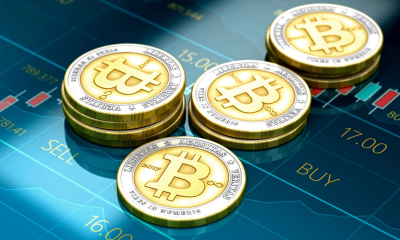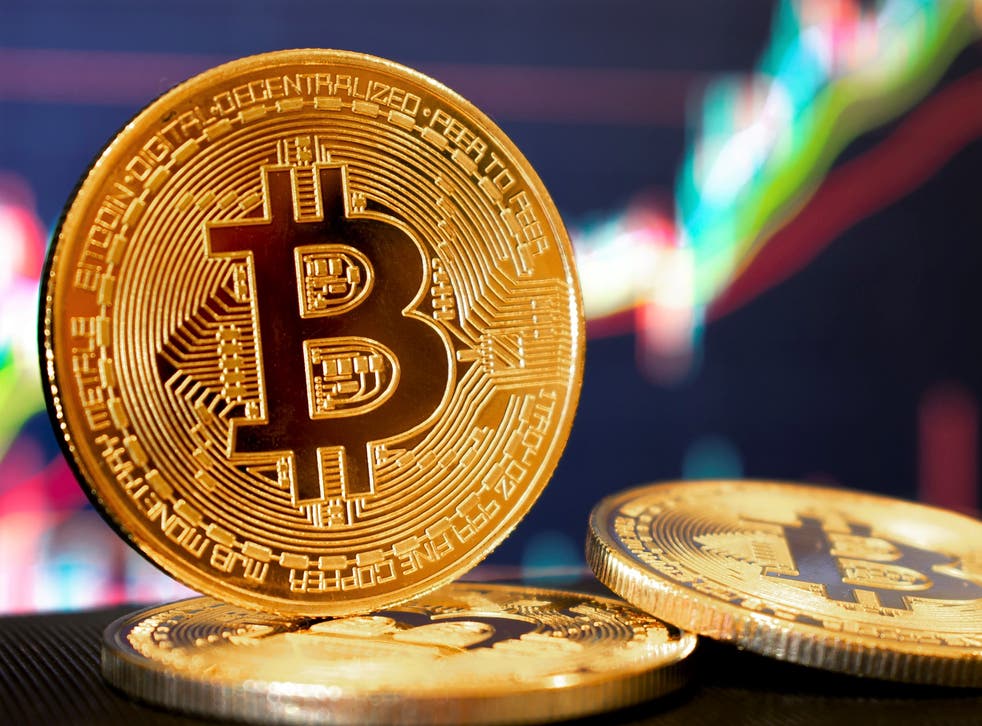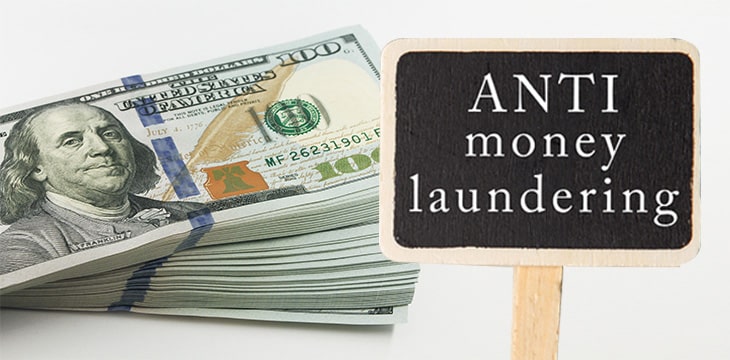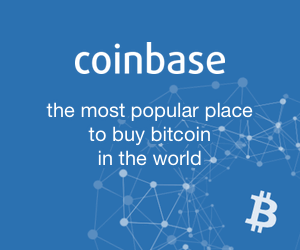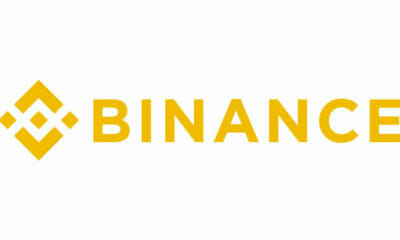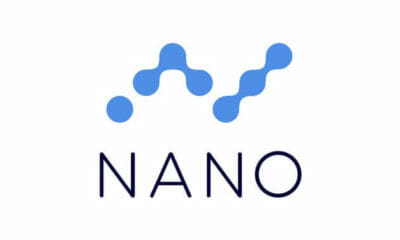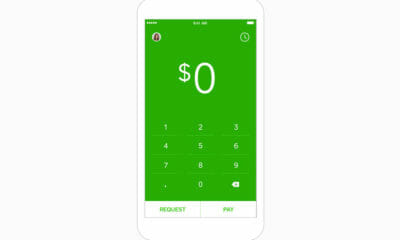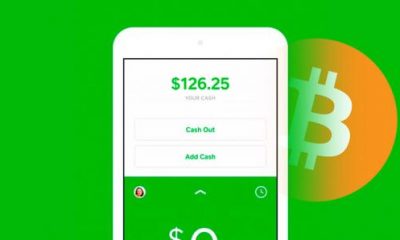One of the biggest barriers to entry for small-time bitcoin miners is cost. Intel Corp. (NASDAQ:INTC), the largest U.S. semiconductor maker by market value, is looking to change that.
In a recent United States Patent Application, California-based Intel revealed plans for a unique hardware application dedicated to bitcoin mining. Intel originally filed a patent application for what is being deemed a Bitcoin mining hardware accelerator in September 2016.
Intel’s bitcoin accelerator hardware would aim to make mining of the digital currency less energy intensive, potentially increasing profitability along the way.
More Details
“As opposed to physical currency systems backed on natural resources (e.g., gold), Bitcoins may be created by using software and hardware systems to solve a series of mathematical algorithms (e.g., Secure Hash Algorithm 256 (SHA-256)),” according to Intel’s patent application.
Bitcoin algorithms require massive processing capabilities, resulting in higher energy costs to miners.
“When the Bitcoin mining algorithms are solved in a way that satisfies certain predefined conditions, a new block is added to the blockchain and a certain number of Bitcoins are awarded to the miner; thereby introducing new Bitcoins into the eco-system,” according to the patent application. “Bitcoin mining algorithms are inherently difficult to solve, and thus require large amounts of processing power. Because of the large amount of power utilized, and the relatively high cost of that power, mining Bitcoins can be a very costly endeavor. In some embodiments, the cost to mine a single Bitcoin may exceed the value of the mined Bitcoin.”
Other Costs
Cryptocurrency miners face other costs, including graphics cards. The graphics cards, usually made by Intel rivals AMD Inc. (NASDAQ:AMD) and NVIDIA Corp. (NASDAQ:NVDA) were initially made for gamers, but demand for those cards surged as the digital currency universe grew. Demand for those cards has soared so much that they are becoming scarce, leading to skyrocketing costs for gamers and digital currency miners.
While cryptocurrencies are not traditional commodities, such as gold or oil, there are break-even prices associated with mining cryptos. When the price of those commodities fall, producers can opt to scale back production and wait for higher prices. For example, an oil company that breaks even at $40 per barrel, could consider reducing output when prices linger around $45 per barrel.
Today, some bitcoin miners may be facing a similar scenario. At this writing late Sunday night, bitcoin traded just over $6,900, well below its December highs around $20,000. Some market observers believer the break-even price for many bitcoin miners is $8,000, a price the largest digital currency has not touched since late March.



